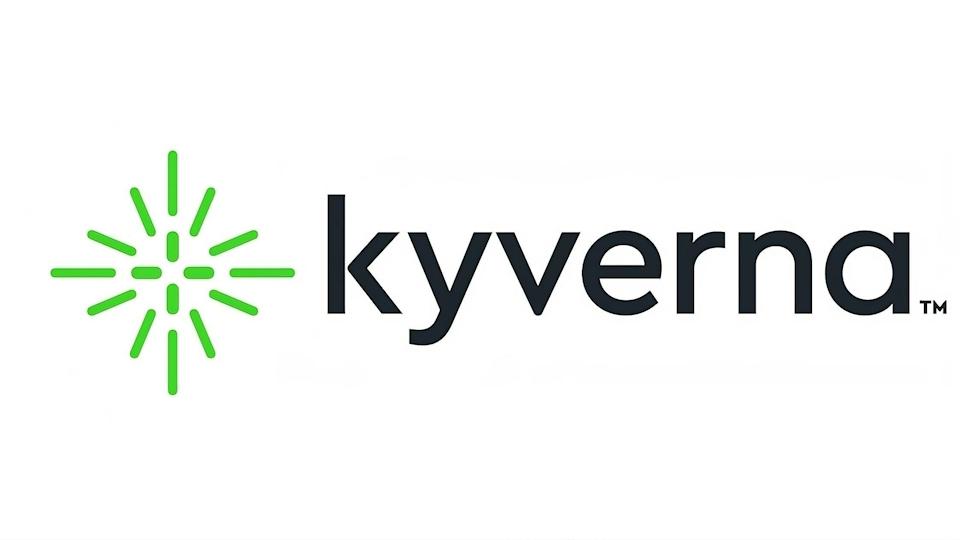Kyverna prices its IPO, seeking $319m for its cell therapies

Kyverna Therapeutics has announced the pricing of its initial public offering, and in another sign of the improving biotech financing environment has raised its target proceeds dramatically to $319 million.
The cell therapy specialist has said it is now planning to sell 14.5 million shares at a price of $22 each, well above its earlier target of 11 million shares at $17 to $19, which had been looking to raise around $211 million. Shares are due to start trading on the Nasdaq when it opens this morning under the KTYX symbol.
Emeryville, California-based Kyverna was founded in 2018 and is among a clutch of companies looking to extend the use of CAR-T therapies beyond haematological cancers – where they have had a significant clinical impact – and into the autoimmune disease category.
There has been a buzz around the potential for CAR-Ts to treat autoimmune diseases since researchers in Germany used the approach in 2022 to treat five patients with systemic lupus erythematosus (SLE) who were not benefitting from standard treatments. On the other hand, there are also concerns about the potentially serious side effects of CAR-Ts – including cytokine release syndrome (CRS) – if they are developed for less life-threatening diseases than advanced cancer.
Kyverna’s CAR-T platform is specifically designed to reduce the risk of cytokine release, improving clinical tolerability while retaining the ability to deplete the B cells implicated in autoimmune diseases.
It is also working to reduce the complexity of CAR-T therapy by allowing cells to be harvested from a blood draw, rather than the lengthy leukapheresis procedure that can take hours and has to be carried out at specialist centres. It could also cut the processing and manufacturing time down to less than three days, compared to weeks with current CAR-Ts used in cancer.
The proceeds of its IPO, which would give Kyverna a valuation of more than $850 million, will help to fund its lead CD19-targeting CAR-T product candidate, KYV-101, which grew out of a partnership with the US National Institutes of Health.
KYV-101 has cleared a phase 1 safety study and is now in two clinical trials in patients with lupus nephritis, with planning underway for additional studies in systemic sclerosis, myasthenia gravis and multiple sclerosis. It has been granted fast-track designation from the FDA for both myasthenia gravis and MS. Around $180 million of the IPO proceeds are earmarked for the CAR-T’s clinical trials programme.













